While I generally leave the advice-giving to the professionals, I just wrote my first book, The Making of a Woman, so that qualifies me to weigh in on this topic. Within my realm, I’m qualified to share my thoughts because my experience is just that—my experience.
I left school in the ninth grade. It was easy to tell myself that I was not qualified to call myself a writer. So my writings have generally been in the form of journal entries and D/s themed essays. Yet despite what some would call my lack of education, I’ve always enjoyed writing and felt free not to follow any established grammatical methods or rules. Rules can strangle the creative spark.
Instead, I wrote what was on my heart and what came to mind. And those writings are some of my greatest pieces. They’re real. They speak to others.
Now that I write for public consumption, I’m mindful not to use common terms or popular sayings, and yes, I have a good reason:
When I stepped into the rooms of recovery, I was met with words.
There were motivational posters on the walls meant to inspire, advise, and soothe the folks in the room. There were words in our reading materials as well. Words like surrender, unmanageable, God.
Each of those words meant something to me when I walked in the door with my preconceived notions, personal history, trauma and mental files. I thoughtlessly scanned the words, giving little consideration to their true meaning. At first, I missed out on what could have been immediate personal growth. Only later did I realize that.
I’ve learned to visit my writing several times before I finalize a draft. Every day has a different energy, a different attitude, and different things going on that influence my thoughts. If I allow a seasoning period of two or three days, I find I’m better able to convey what I want to say.
I was recently asked to give a eulogy at my father’s funeral. Sounds simple, right? But sometimes when there’s a history, that writer’s block will stand right in front of your mind, arms crossed, shaking its head no.
I didn’t have the slightest clue what to say.
Who practices writing a eulogy, anyway?
What should I put in this eulogy?
What will the people want to hear?
Should it be funny? Sad? Respectful?
Ever wanting to learn, I first did my research on eulogies. I read about the basic structure, typical length, and content for what one ordinarily includes in an acknowledgment of the deceased. Then I closed my eyes and waited for the thoughts to come to mind. I felt the warmth of my father’s love in my heart. I heard his laugh. And then I felt his hug.
Within 20 or 30 minutes, I started my draft.
In my case, writing is an expression of my emotions. I shine when I write about how I’m feeling. The resultant work coming from this space has been my most well-received work. I write from my heart to speak to the hearts of others.
To me, writer’s block is when I cannot connect with my soul.
So before I write, I like to bring the topic into meditation. I feel the presence of Source when I sit in stillness. I can clear any feelings that may arise if I first ground myself.
During stillness, I can see what’s consuming my energies and ultimately standing in the way of my thoughts. This method of grounding, sitting, and embracing stillness is very effective and easy to do after some practice. It has helped me to express myself in many different ways.


